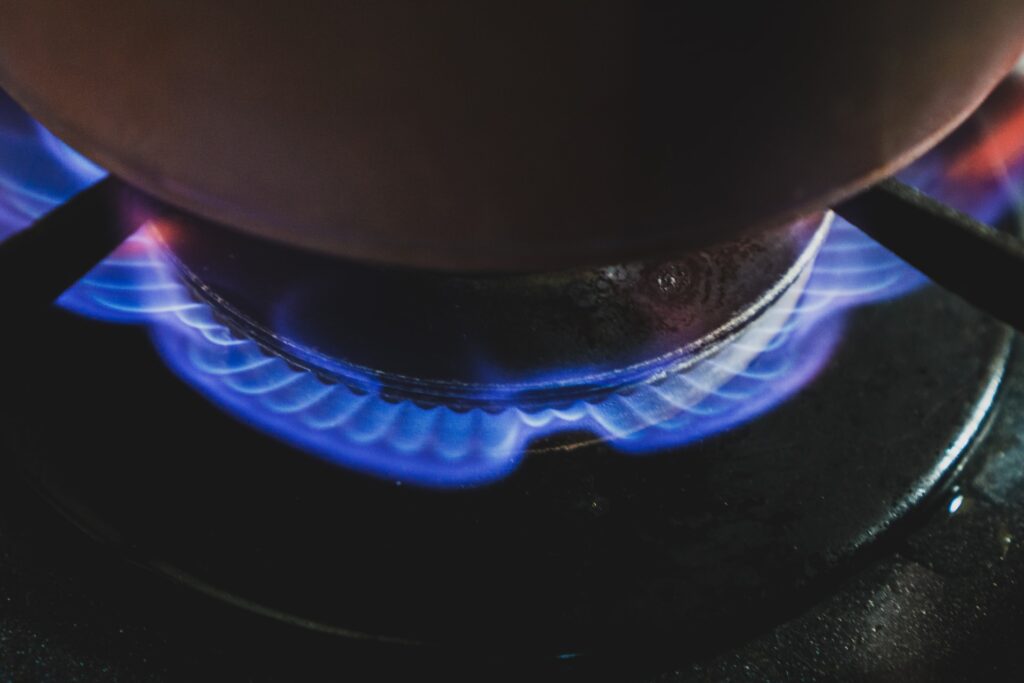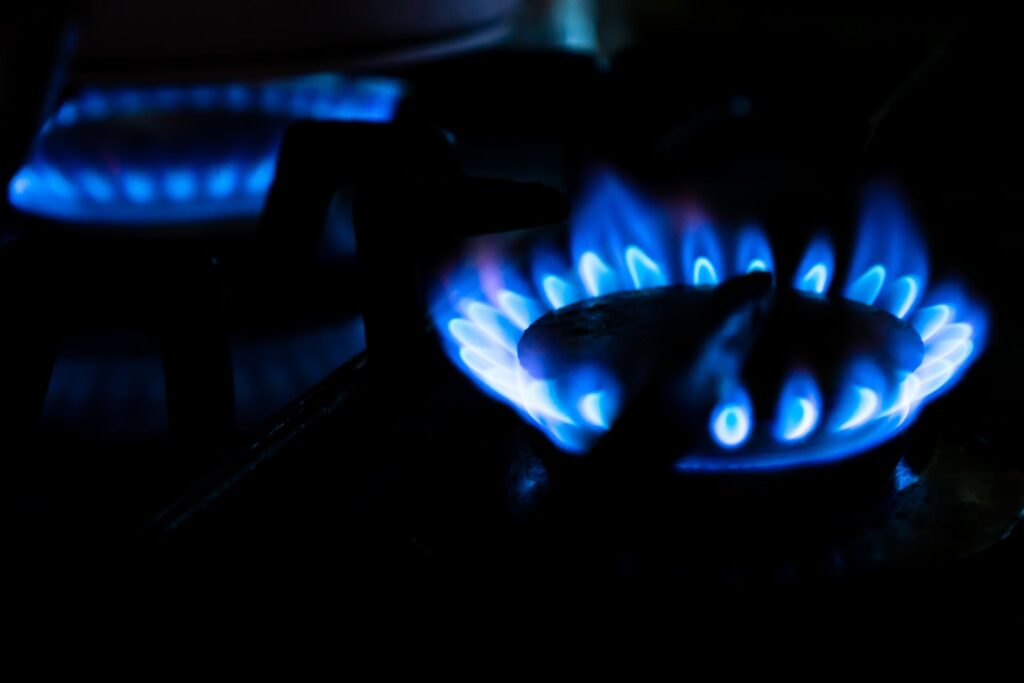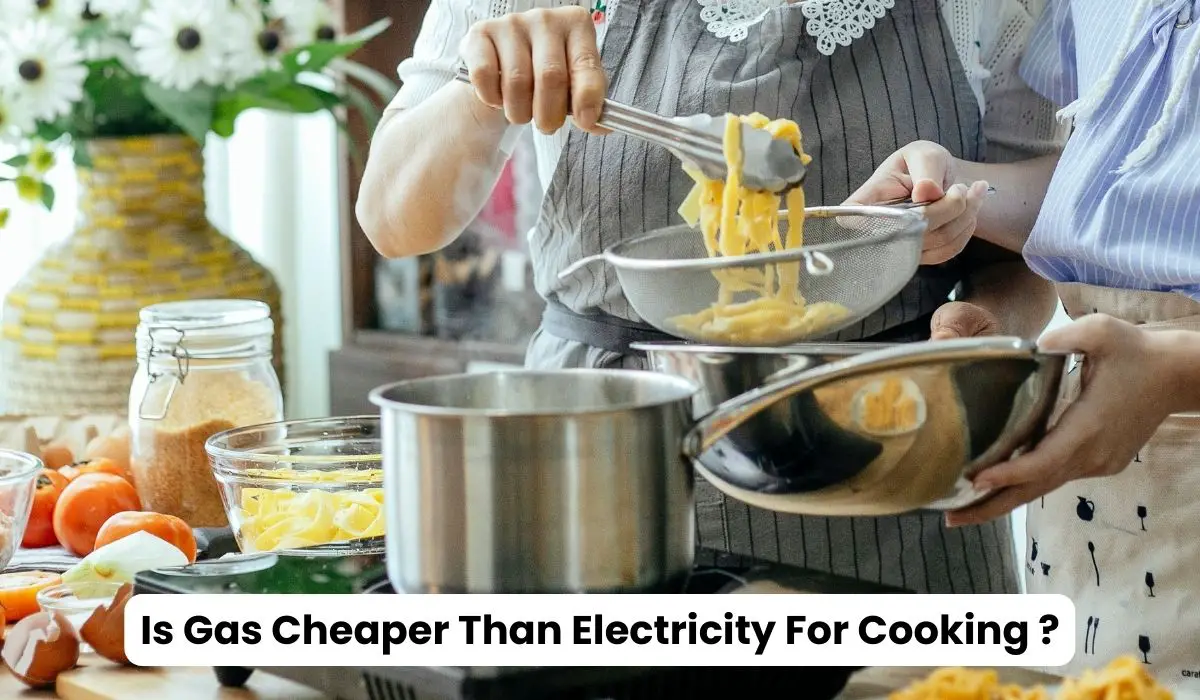When it comes to cooking, the choice between using a gas stove and an electric stove is a common dilemma. Both options have their pros and cons, and deciding which is cheaper can be influenced by various factors. In this article, we will delve into the cost, environmental impact, efficiency, safety, maintenance, and convenience aspects of using gas versus electricity for cooking on a stove.
Table of Contents
Is Gas Cheaper Than Electricity For Cooking?

Many people wonder if gas is cheaper than electricity for cooking on a stove. Well, it depends on a few things. First, you need to think about where you live. In some places, gas might be cheaper because it’s more common and easier to get. In other sites, electricity could be more affordable because there’s plenty of it available. So, it really depends on your location.
Next, you have to consider how often you cook. If you’re cooking a lot, gas might be cheaper because it heats up faster and costs less to run for longer periods. But suppose you don’t cook very often. In that case, electricity might be a better choice because you can turn it on and off easily without wasting energy.
The type of stove you have also matters. Some stoves are designed to be more energy-efficient, whether they use gas or electricity. So, if you’re looking to save money, it’s a good idea to pick a stove that’s known for being efficient.
In the end, it’s not a simple answer. Gas can be cheaper for some people, while electricity might be a better choice for others. It all depends on where you live, how often you cook, and the type of stove you have. So, it’s essential to do a little research and figure out what works best for your situation.
Cost Analysis: Gas vs Electricity
Gas Stove:
Gas stoves typically run on natural gas or propane. The cost of using a gas stove depends on the price of gas in your area. Gas stoves tend to have lower operating costs compared to electric stoves because gas is often more affordable per unit of energy. However, it’s important to consider the initial installation cost of a gas line if your kitchen doesn’t already have one.
Electric Stove:
Electric stoves rely on electricity, and their operating costs vary depending on your electricity rates. Electricity prices can fluctuate significantly, so it’s essential to check your local utility rates. Electric stoves are generally considered less cost-effective than gas stoves, but they may have advantages in terms of maintenance and longevity.
Environmental Impact
Gas Stove:
Gas stoves produce carbon emissions when burning natural gas or propane, contributing to air pollution and greenhouse gas emissions. However, modern gas stoves are becoming more energy-efficient and environmentally friendly.
Electric Stove:
Electric stoves are considered more environmentally friendly in terms of direct emissions since they don’t produce combustion gases. However, the environmental impact depends on the source of your electricity. If you generate your electricity from fossil fuels, it can still contribute to carbon emissions indirectly.
Efficiency and Cooking Performance
Gas Stove:
Gas stoves provide instant heat, making them preferred by professional chefs for precise cooking control. They are positively efficient in terms of heat transfer to cookware.
Electric Stove:
Electric stoves may take extended to heat up and cool down. However, they often have consistent heating elements, which can be advantageous for some cooking methods. Electric stoves are less efficient in terms of energy transfer.
Safety Considerations
Both gas and electric stoves have safety features, but there are key differences:
Gas stoves can have open flames, posing a fire hazard.
Electric stoves have a flat, smooth surface that may be safer for households with children.
Maintenance and Longevity
Gas stoves require periodic maintenance, such as cleaning burners and checking for gas leaks. However, they are known for their durability and can last for many years.
Electric stoves are more comfortable to clean and maintain but may have a shorter lifespan due to wear and tear on the heating elements.
Convenience and Control
Gas stoves offer immediate temperature control, allowing for rapid adjustments while cooking. Electric stoves may have a delay in temperature changes, which can be less convenient for some cooking techniques.
Which Stove is Better Gas or Electric?
Let’s talk about which stove is better: gas or electric. It’s a question many people ask when they’re setting up their kitchens.
Gas Stoves:
Gas stoves are a bit like magic – they use natural gas to create flames that cook your food. These flames come out of little holes on the stove’s surface. There are some cool things about gas stoves:
Instant Heat: When you turn on a gas stove, you get heat right away. It’s like turning on a light switch – no waiting around.
Precise Control: You can adjust the heat instantly. If you want to simmer the soup gently or boil water super fast, you can do it with a gas stove.
Even Cooking: The flames spread out evenly, so your food cooks evenly too. That’s great for making pancakes or stir-frying veggies.
But there are also some things to be careful about:
Safety: Gas stoves use open flames so they can be a bit risky. You need to be careful not to touch the burners when they’re on, and you should always turn them off when you’re done cooking.
Installation: You need a gas line in your kitchen to use a gas stove, so it might not be an option for everyone.
Electric Stoves:
Electric stoves work differently. They use electricity to heat coils or a flat surface on top of the stove. Here’s what’s cool about electric stoves:
Safety: Electric stoves don’t have open flames, which can be safer, mainly if you have kids around.
Easy to Clean: The flat surface on electric stoves is easy to clean. No worries about food falling into the burners.
Installation: You don’t need a gas line for electric stoves. They just need an electrical outlet, which is more common in homes.
But there are some downsides too:
Slower Heating: Electric stoves can take a bit longer to heat up compared to gas stoves. You might have to wait a bit before you start cooking.
Less Control: It can be a bit trickier to control the heat with electric stoves. They don’t respond as quickly when you adjust the temperature.
So, which one is better? Well, it depends on what you like and what works best for your kitchen. If you want fast, precise cooking and don’t mind the safety precautions, a gas stove might be your choice. If you prefer safety, easy cleaning, and don’t mind waiting a bit for the heat, electric stoves could be your go-to.
In the end, both gas and electric stoves can help you cook delicious meals – it’s all about your personal preference and what fits your kitchen setup.
Why Do People Like Gas Stoves Better Than Electric?

Sure, let’s explore why some people prefer gas stoves over electric ones. It’s a bit like choosing between two awesome superpowers for your kitchen.
Faster Cooking: Imagine you’re hungry, and you want to cook your favourite pasta. With a gas stove, you can turn it on, and the flames appear instantly, ready to boil your water. This makes cooking quicker because you don’t have to wait for the stove to heat up like you would with an electric one.
Better Control: Gas stoves let you become a kitchen wizard. You can make the flames bigger or smaller with a twist of a knob, just like turning up or down the volume of your favourite song. This helps you cook your food just the way you want it. Want to simmer a tasty sauce gently or sear a steak? Gas stoves let you do it with precision.
Even Cooking: Have you ever made pancakes? Gas stoves are like a pancake champion’s secret weapon. The flames spread out evenly under your pan, so your pancakes (or anything else you cook) turn out perfectly – no cold spots or burnt bits.
Chefs Love It: Many professional chefs prefer gas stoves because they can quickly change the heat and cook things perfectly. It’s like having a sports car for cooking.
But wait, there are a few things to be cautious about with gas stoves:
Safety First: Gas stoves use real flames, which can be dangerous if you’re not careful. So, it’s important to pay attention and never touch the burners when they’re on.
Installation Challenge: To use a gas stove, you need a special gas line in your kitchen. Not all homes have this setup, so it might not be an option for everyone.
So, why do some people like gas stoves better? Well, it’s because they offer speed, control, and even cooking. It’s like having a trusty sidekick in the kitchen. Just remember while gas stoves have superpowers, they also require responsibility and safety, so be sure to use them wisely.
Conclusion:
In the ongoing debate of gas vs. electricity for cooking on a stove, there is no one-size-fits-all answer. The choice ultimately depends on your special circumstances and preferences. Gas stoves offer rapid heating and precise control, making them ideal for certain cooking styles, while electric stoves have their advantages in terms of even heating and energy efficiency.
To determine which option is cheaper for you, consider factors like energy prices in your area, the type of stove you own, and your cooking habits. By making an informed choice, you can optimize your cooking experience and keep your utility bills in check.
FAQs
Is cooking with gas more eco-friendly than electricity?
Gas is generally considered more environmentally friendly because it produces fewer greenhouse gas emissions compared to electricity generated from fossil fuels.
Do gas stoves require more maintenance?
Gas stoves may need periodic maintenance, such as cleaning burners and checking for gas leaks. However, electric stoves can also require maintenance, such as replacing heating elements.
Can I switch from electric to gas or vice versa easily?
Switching between gas and electric stoves can be done but may require professional installation and adjustments to your kitchen’s infrastructure.
Is there a difference in cooking quality between gas and electric stoves?
Many professional chefs prefer gas stoves for their immediate heat control, but electric stoves can also produce excellent results with practice.



